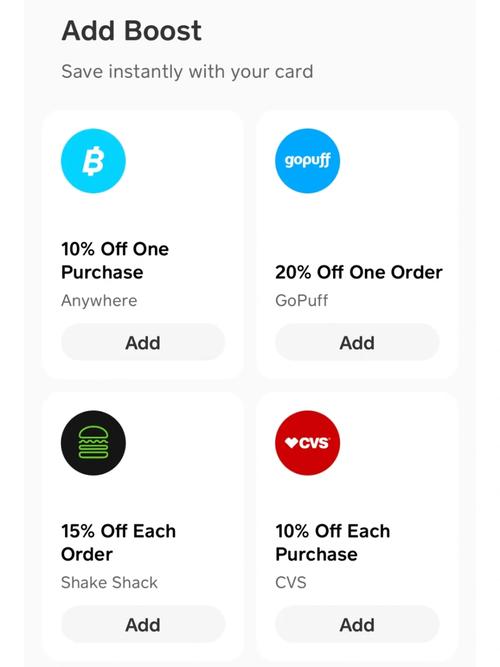Understanding Cash App: A Comprehensive Guide
Cash App, a product of Square, Inc., has become a popular choice for financial transactions in the United States. This article delves into the various aspects of Cash App, providing you with a detailed understanding of its features, benefits, and how it compares to other payment platforms.
What is Cash App?
Cash App is a mobile payment service that allows users to send, receive, and spend money. It was launched by Square in 2013 and has since grown to accommodate a wide range of financial services. The app is available for both iOS and Android devices and has over 36 million registered users as of December 2020.

Key Features of Cash App
Here are some of the key features that make Cash App stand out:
| Feature | Description |
|---|---|
| Peer-to-Peer Transfers | Users can send and receive money from friends, family, or colleagues using their phone number, email, or Cashtag. |
| Cash Card | The Cash Card is a Visa debit card that can be used for purchases, ATM withdrawals, and cash back at participating retailers. |
| Direct Deposits | Users can receive their paychecks, tax refunds, and other government benefits directly into their Cash App account. |
| Investing | Cash App allows users to buy and sell stocks, ETFs, and Bitcoin directly within the app. |
| Cash Boost | Cash Boost offers discounts on purchases at participating retailers. Users can earn cash back on their purchases. |
| Tax Services | Cash App offers free tax filing services for simple tax returns. |
How to Use Cash App
Using Cash App is straightforward. Here’s a step-by-step guide to help you get started:
- Download the Cash App from the App Store or Google Play Store.
- Open the app and sign up for an account by entering your phone number and email address.
- Verify your identity by providing your personal information and uploading a photo ID.
- Link your bank account or credit/debit card to the app.
- Start sending, receiving, and spending money using the Cash App.
Benefits of Using Cash App
Here are some of the benefits of using Cash App:
- Convenience: Cash App allows you to manage your finances on the go, making it easy to send and receive money, pay bills, and invest.
- Security: Cash App uses advanced encryption and security measures to protect your financial information.
- Low Fees: Cash App charges minimal fees for transactions, making it a cost-effective option for financial transactions.
- Investing Opportunities: Cash App offers a unique opportunity to invest in stocks, ETFs, and Bitcoin directly within the app.
Comparing Cash App with Other Payment Platforms
When comparing Cash App with other payment platforms, such as PayPal, Venmo, and Zelle, there are a few key differences:
- PayPal: PayPal is a widely used payment platform that offers a variety of services, including peer-to-peer transfers, invoicing, and payment processing. However, Cash App offers more features, such as investing and direct deposits.
- Venmo: Venmo is similar to Cash App in terms of peer-to-peer transfers and social features. However, Cash App offers more financial services, such as investing and direct deposits.
- Zelle: Zelle is a popular payment platform that allows users to send and receive money between bank accounts. While Zelle is convenient, Cash App offers more features, such as investing and a Cash Card.
Conclusion
Cash App is a versatile financial tool that offers a



